I’m 33 and I still don’t know if I want children
Will I ever know?
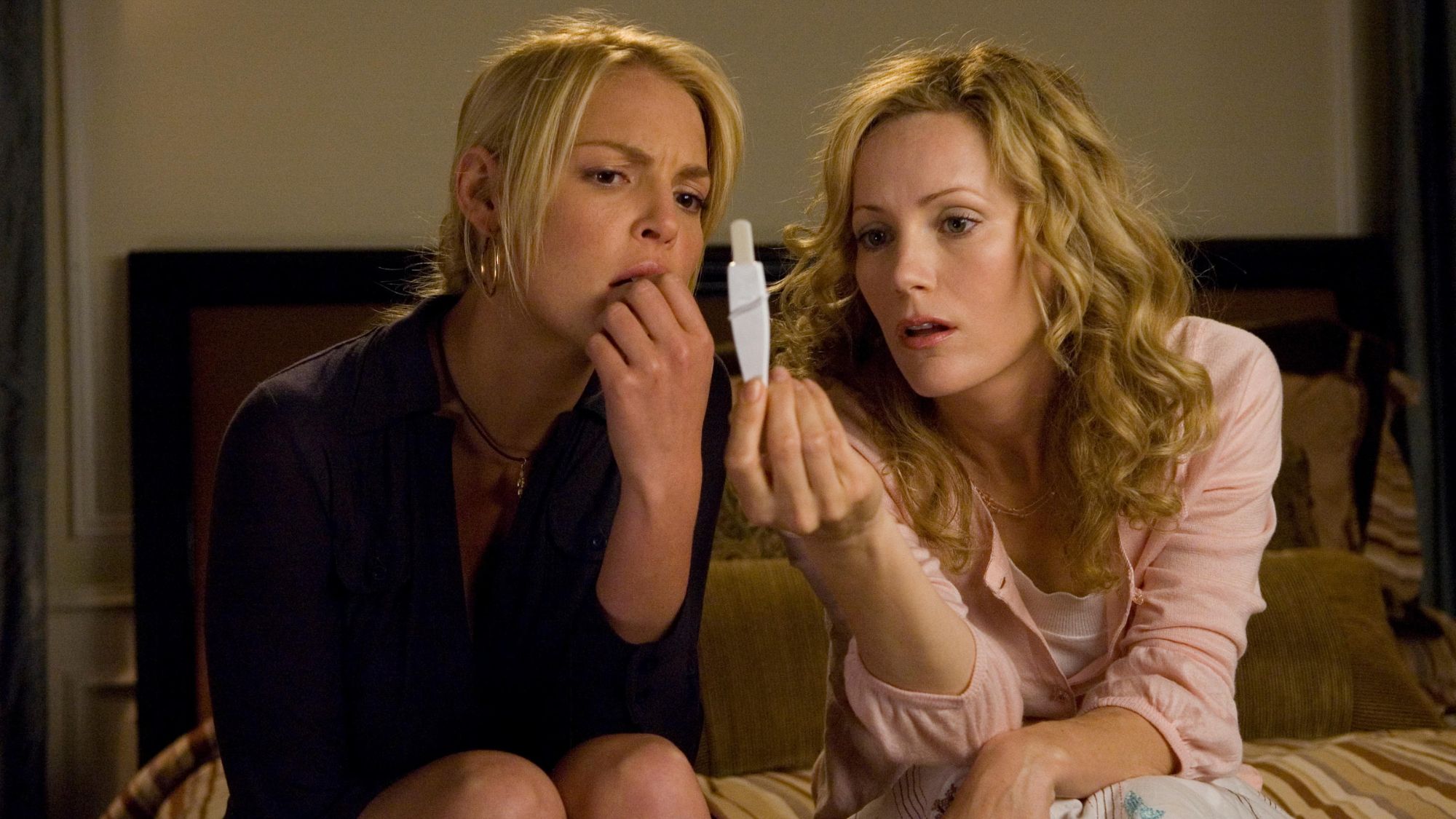

If I were to get two lines on a test tomorrow, I would feel like I was about to become a teen mum. Tell me I’m not the only thirty-something whose mind hasn’t caught up with her body? I’m not stuck in some Peter Pan dream of never growing up, and my life certainly isn’t without responsibility and caregiving.
I don’t see myself as younger than I am, but the idea of motherhood feels like such an abstract concept that my thoughts haven’t changed much since my first pregnancy scare as a teenager. It’s a cruel irony that now, aged 33, I’m nearing becoming a ‘geriatric mother’, a horribly archaic description that reeks of Faye Dunaway in Mommie Dearest.
I’m far from the only woman who feels this way. Research from Bumble—which they’ve catchily dubbed the ‘co-mum-drum’—shows that more than 1 in 5 (21%) people in the UK see children as a traditional expectation that they don’t necessarily connect with or would choose for themselves.
@baileerainwater ♬ original sound - baileerainwater
“I very much want to have children and feel the clock ticking, but I also feel very passionate about my career and don’t want to lose the momentum of building a business,” says Ellen, 33. As a recent company owner, she feels she has to pick between having a career and being a mother. Almost half (45%) of British women believe that mothers feel more guilty about furthering their careers compared to just (18%) of men.
Can we blame them? Growing up, the media was splashed with stories about ‘selfish stars’ who put their careers before becoming a mother. Just four weeks ago, Hilary Swank, 49, announced the names of her twins on Instagram. The second comment on her post reads, “You waited 48 years to have kids, and you name them that?!”
Much to the chagrin of people who feel compelled to comment about other people’s lives on social media, I’m a DINK (double income, no kids), but unlike many of the DINKs on TikTok (DinkTok?) I have no strong feelings about not having kids. I don’t recoil at the word “childless”, and I don’t feel a desire to reclaim it in favour of the trending “child-free”, which has 1.5 billion views on the platform.
@lillyanne_ ♬ original sound - Lilly
I’m not about to compile a list of all the reasons to never have kids, but that doesn’t mean the question doesn’t swim around my mind. As *Kelly, 36, says, “I think about if I will have children most days. It’s on my mind a lot, not to the point I lose sleep over it, but you know, it’s always there.”
Marie Claire Newsletter
Celebrity news, beauty, fashion advice, and fascinating features, delivered straight to your inbox!
My mum used to joke that I’ve never liked children, even when I was one myself. But here’s the catch: I now have two young nieces I adore, but that’s only added to the confusion. I can’t tell if my stance on not having children has wavered because I’ve seen firsthand how much joy and fulfilment kids can bring or if I’ve just started to feel the squeeze from society to settle down and sprog up. Corinne Linnecar, 32, says; “I feel like the whole societal pressure makes me question if that’s why I want kids or if I actually do.”
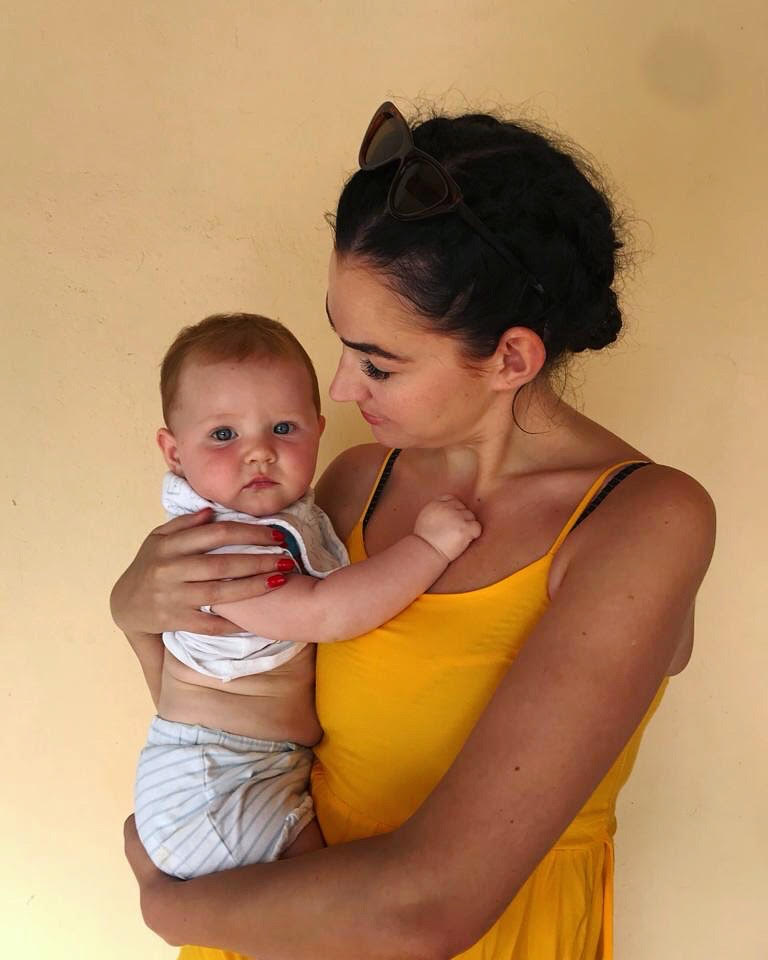
The writer with her niece
While I’ve softened to the idea of children, *Alice, 34, has experienced the reverse. “In my twenties, I 100% wanted children. Since I’ve been in my thirties, I’ve had doubts,” she says, adding that the life she’s built for herself has made her question if kids can be factored into it. “I’ve seen how much children change your life, yes of course for the better, but also making life more difficult, putting stress on relationships, changing routine and focus. They become your world. And that is a huge decision to make.” She describes her feelings today as “ambivalent.”
There are as many reasons to have children as there are not to have children; the Child Poverty Action Group estimates it costs £160,692 per child, and I do wonder whether this has any bearing on my own ambivalence about becoming a parent. Buying a home in the city where I work and have built a life for myself is out of my reach, as are many other traditional milestones - don’t even get me started on the exorbitant cost of getting married.
In my twenties, I 100% wanted children. Since I’ve been in my thirties, I’ve had doubts.
*Alice, 34
All this means that I have no blueprint for what family life in the city could look like. I find myself secretly wishing one of my friends in London would have a baby so I could see what the future might hold. I think we’re all quietly hoping for the same thing.
“I’m pretty sure I do want a family; I’m just not sure what that looks like yet,” says Lianne Mason, 33. She predicts that more people will start co-parenting with friends. Given the soaring cost of childcare and an increase in people raising families further away from relatives, she could be onto something.
While I love the idea of co-parenting with my friends, it does raise another niggling question - the longer I leave it, the less time my hypothetical child/children will have with their grandparents. While that’s true on a personal level, a new study shows that countries with older mothers have longer-living grandparents and vice versa. Alastair Hazell of The Calculator Site, who conducted the survey, says, “There are so many myths around whether it is good or bad that women delay having children.”
Hazell acknowledges the narrative around countries being in a “generational crisis,” which fans the fearmongering flames and puts the fate of entire nations on women over thirty—or at least that’s what it feels like. “I’m turning 34 next month, and I’ve had several meltdowns about this subject recently because I’m being made to feel like my time is almost up by society—it’s genuinely everywhere!” says Katie, 33.
I find myself secretly wishing one of my friends in London would have a baby so I could see what the future might hold.
Mischa Anouk Smith
Reassuringly, Hazell reports: “It is unsubstantiated to claim that grandparents might spend less time with their grandchildren purely because women tend to start a family later in life. This is more related to life expectancy, not the age of new mothers.”
“I think we’re made to feel like age is the only factor, and that’s just biologically not true,” says Corinne. It taps into something else I’ve been mulling over. I don’t want to spend time agonising over something that might not be an option. I can’t afford private fertility tests, and at my age, the NHS won’t investigate until you’ve been trying for a baby for a year, but what if you’re unsure about the baby in the first place?
Mixed messages around motherhood abound, from the rise in eerily wholesome ‘tradwife’ and mum-fluencer content, to #dinks. Just this week, Lily Allen’s statement that having children ruined her music career set the internet alight. Societally, we love a strong standpoint, but perhaps if we had more honest conversations about being on the fence, we might all be better informed and better equipped to make these important decisions. Body clocks are real, but seeing them as ticking time bombs isn’t the answer.
*Names have been changed at the request of those interviewed

Mischa Anouk Smith is the News and Features Editor of Marie Claire UK.
From personal essays to purpose-driven stories, reported studies, and interviews with celebrities like Rosie Huntington-Whiteley and designers including Dries Van Noten, Mischa has been featured in publications such as Refinery29, Stylist and Dazed. Her work explores what it means to be a woman today and sits at the intersection of culture and style. In the spirit of eclecticism, she has also written about NFTs, mental health and the rise of AI bands.
-
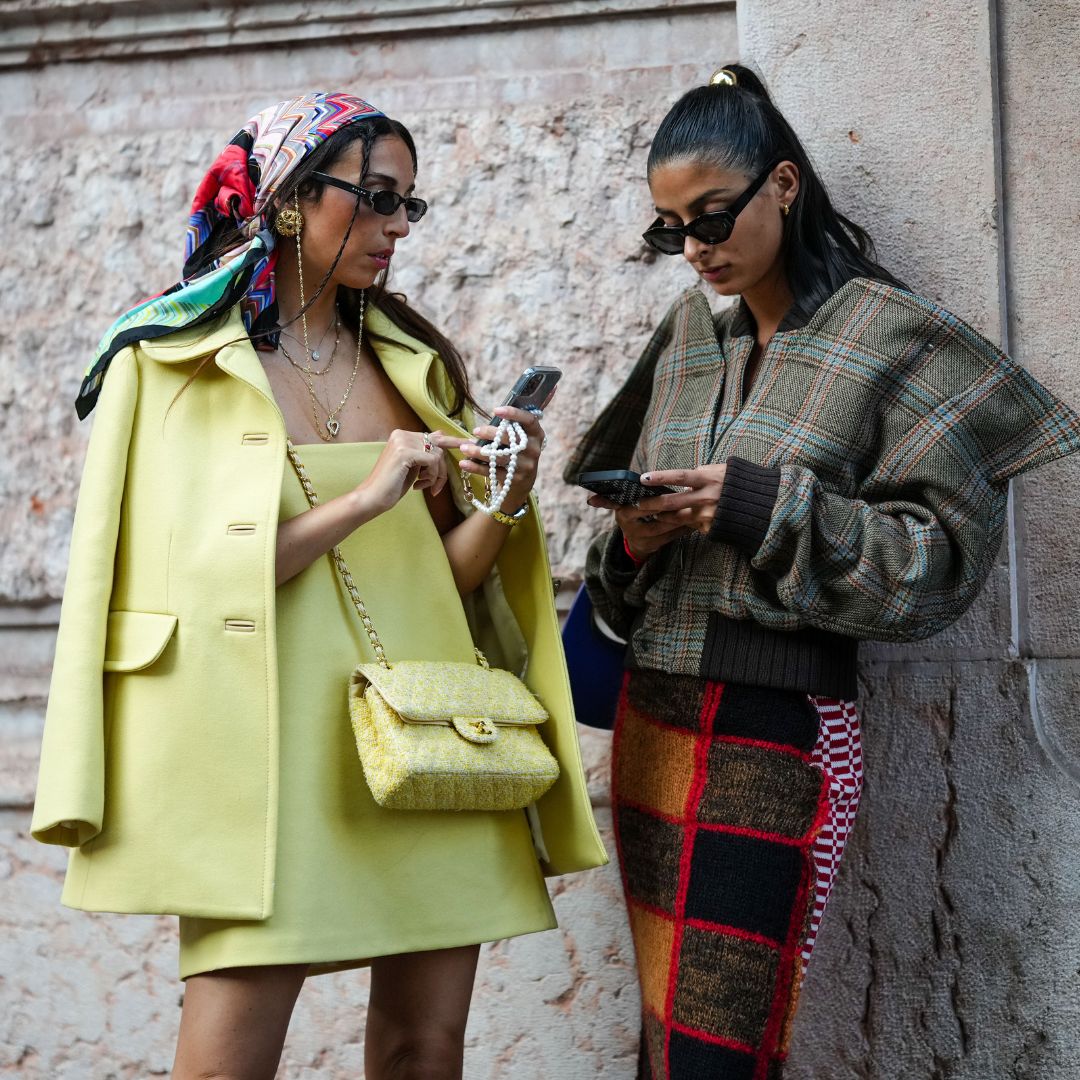 Mytheresa is having a secret sale right now and these are the 11 cult items I'm eyeing
Mytheresa is having a secret sale right now and these are the 11 cult items I'm eyeingIncluding the designer bag that was everywhere at Milan Fashion Week
By Clementina Jackson
-
 Prince Harry reportedly extended an 'olive branch' to Kate and William on latest UK trip
Prince Harry reportedly extended an 'olive branch' to Kate and William on latest UK tripBig if true
By Iris Goldsztajn
-
 How Prime Video is protecting Blake Lively amid her new movie promo
How Prime Video is protecting Blake Lively amid her new movie promoAn understandable move
By Iris Goldsztajn
-
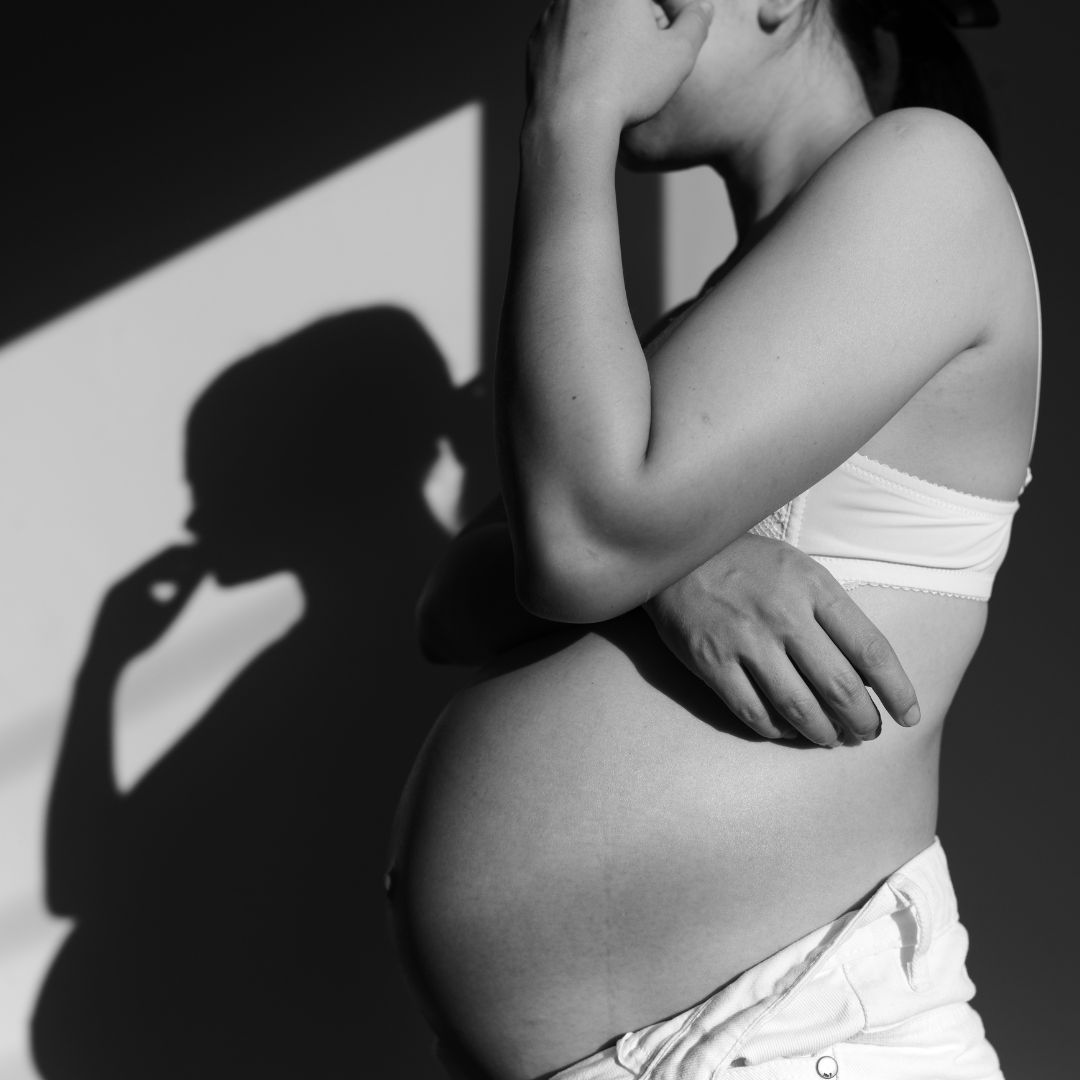 What it feels like to lose your job at two months pregnant
What it feels like to lose your job at two months pregnantEvery year, as many as 74,000 women lose their jobs after getting pregnant or taking maternity leave
By Mischa Anouk Smith
-
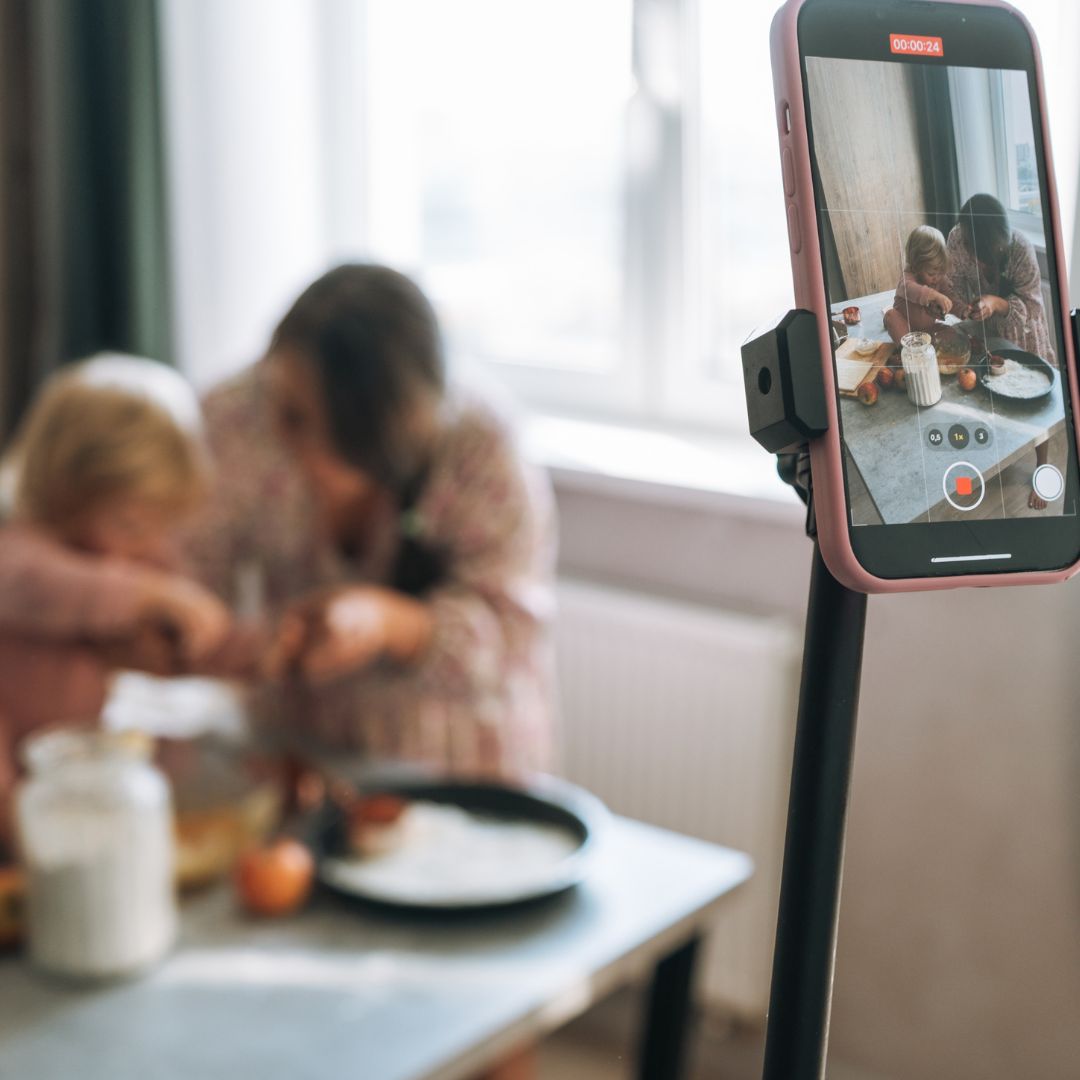 Am I a terrible mother or am I just on Instagram too much?
Am I a terrible mother or am I just on Instagram too much?It’s time to end the myth of the perfect mum
By Holly Bourne
-
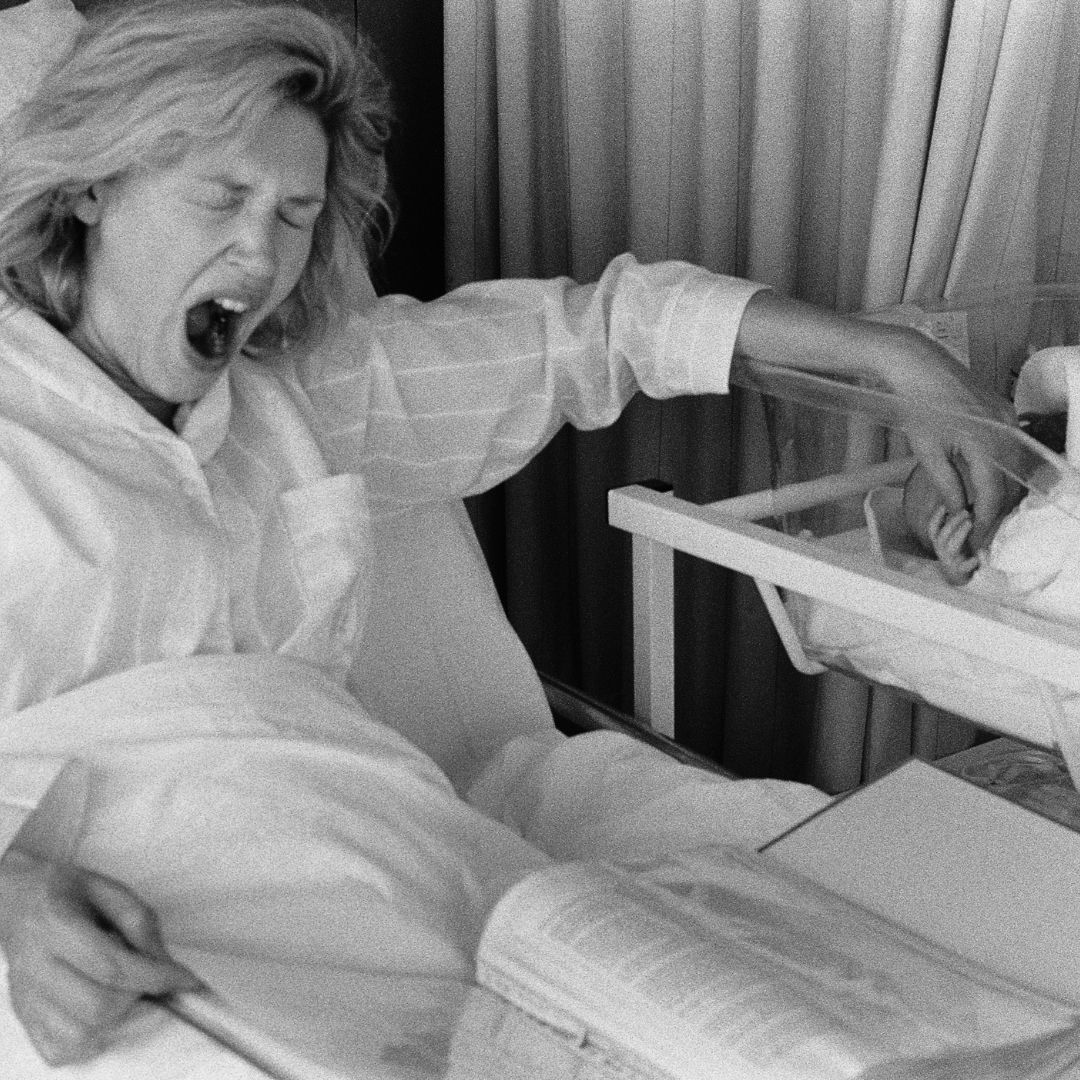 “Mum guilt made me miss my old, fun self”
“Mum guilt made me miss my old, fun self”Author and mum-of-four, Laurie Elizabeth Flynn, explains why she decided to throw away societal expectations of motherhood
By Mischa Anouk Smith
-
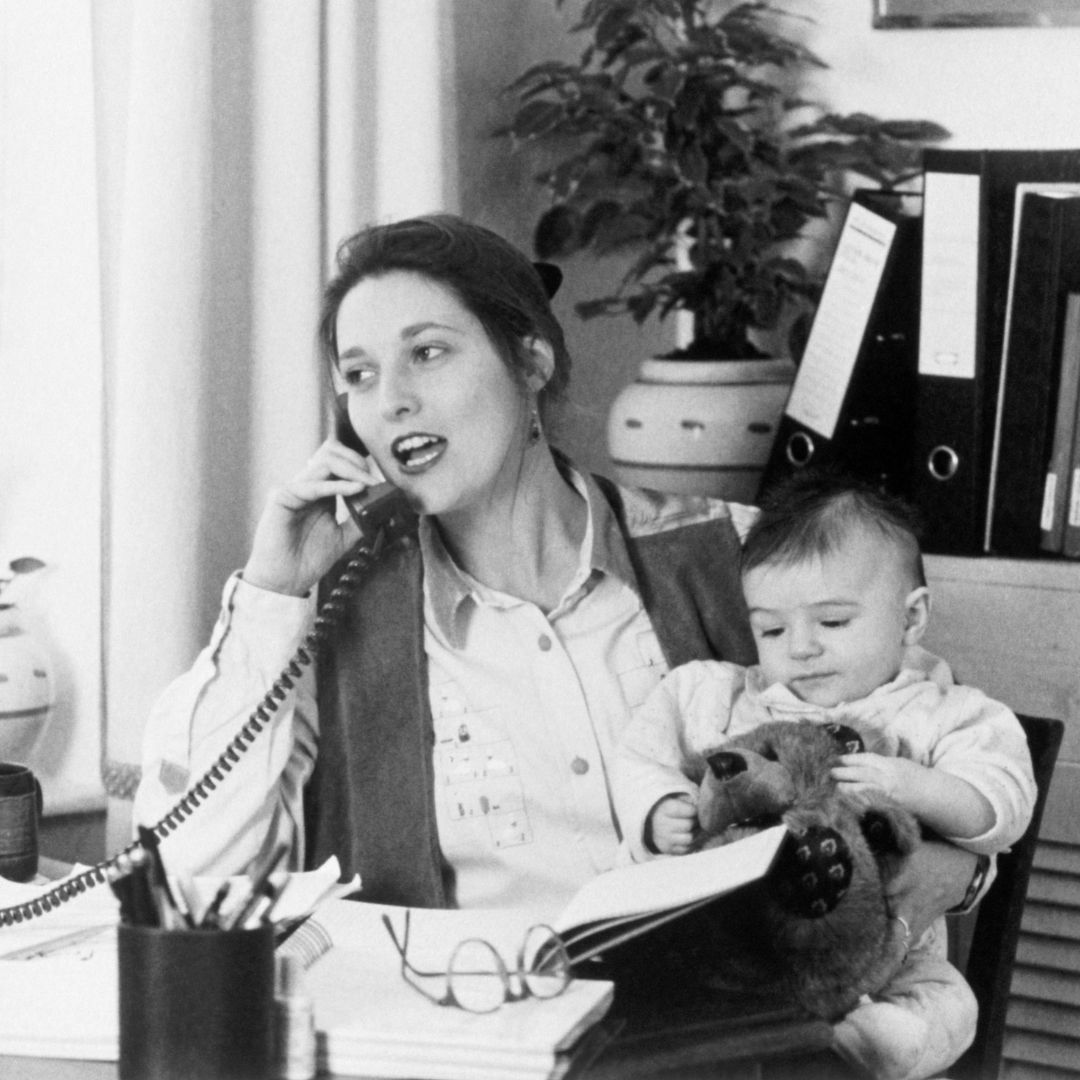 What 4 mothers wish they knew about maternity leave before they took it
What 4 mothers wish they knew about maternity leave before they took it“I found it really hard to have to ask my husband for money.”
By Mischa Anouk Smith
-
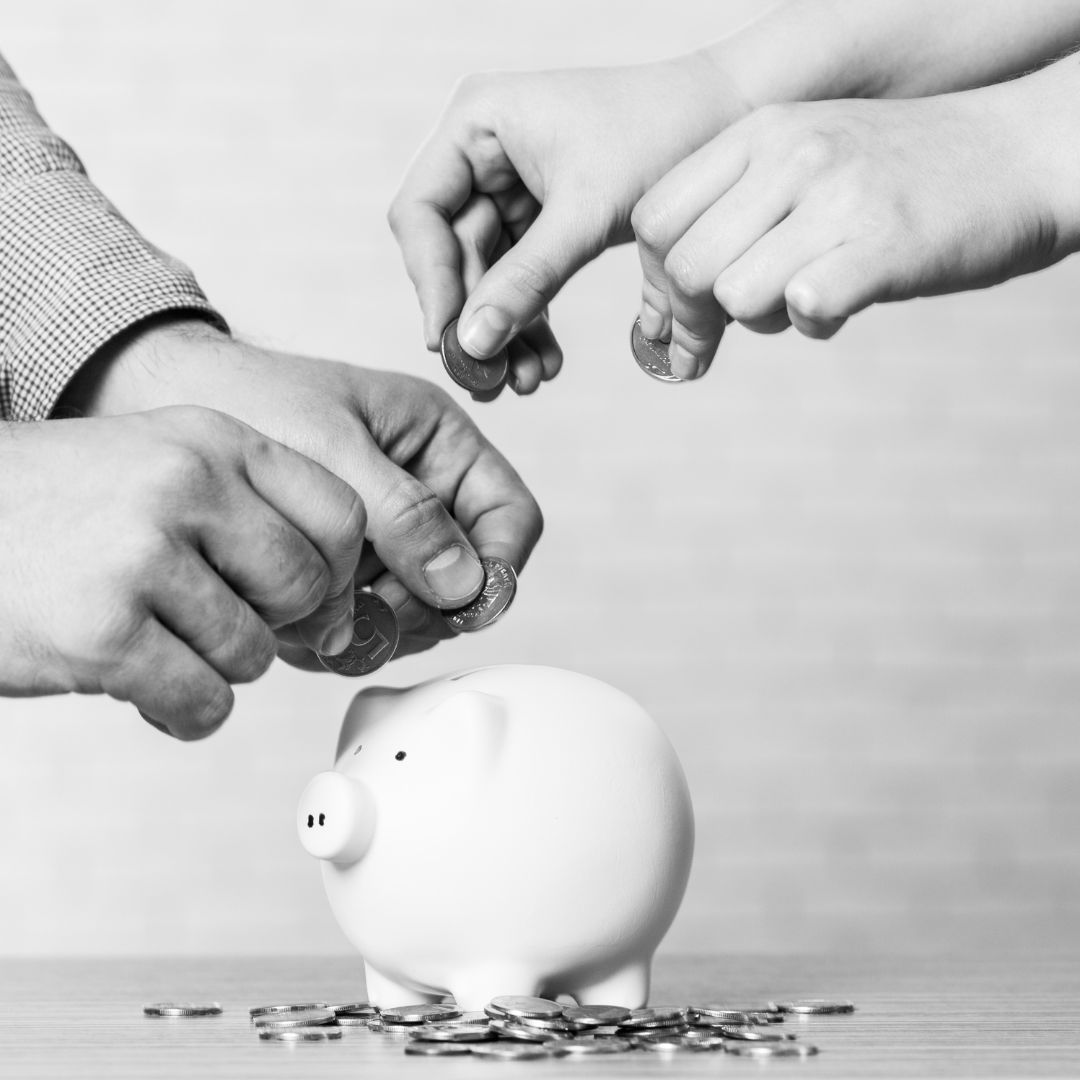 I thought I was unsure about having kids, but could I even afford them?
I thought I was unsure about having kids, but could I even afford them?1 in 4 women are forced out of the workforce due to soaring childcare costs, confirms UN Women UK
By Mischa Anouk Smith
-
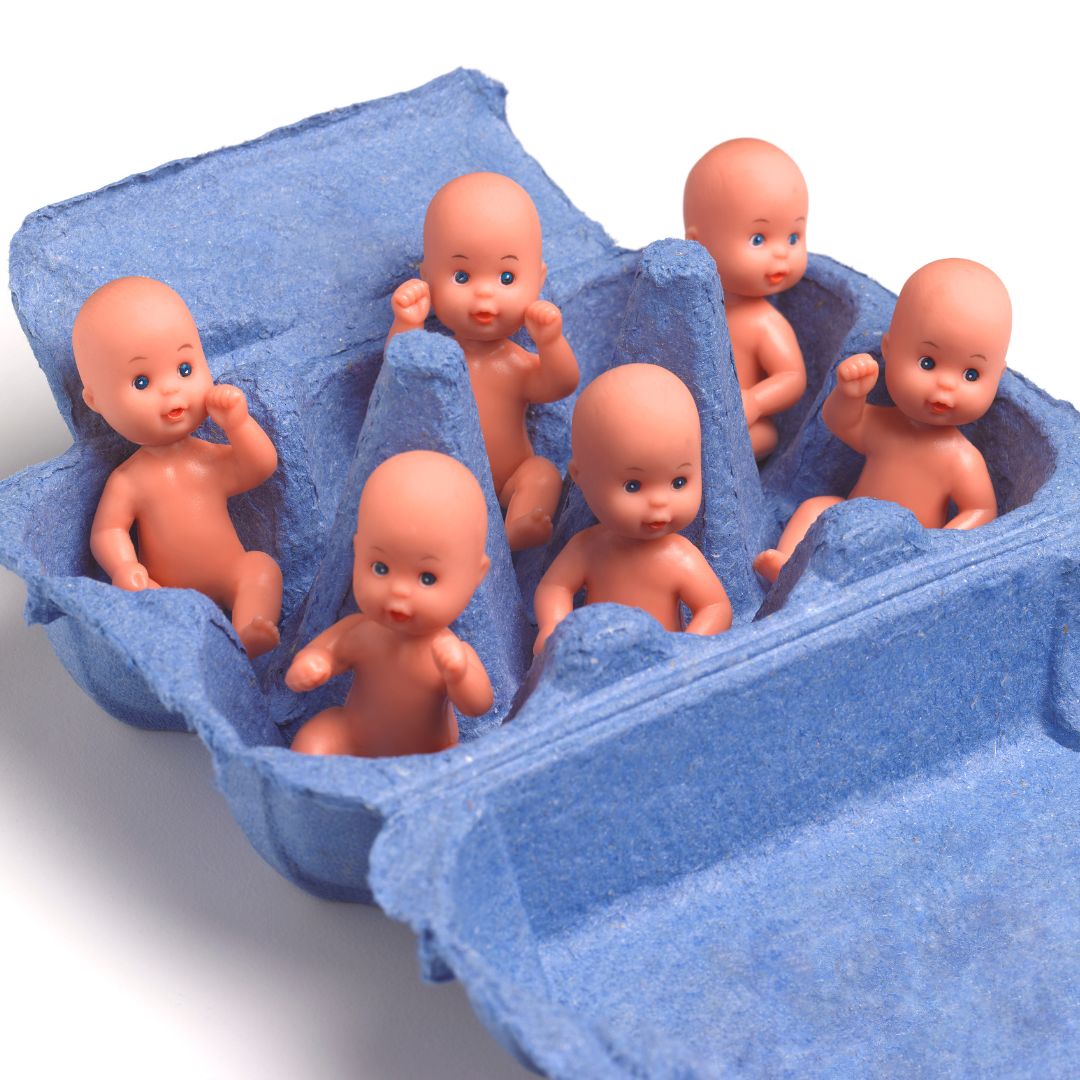 Why The Man with 100 Kids isn’t actually as unusual as you think
Why The Man with 100 Kids isn’t actually as unusual as you thinkAs a new Netflix series shocks the world, one author recounts her own experience with super sperm donors and off-the-grid insemination
By Mischa Anouk Smith